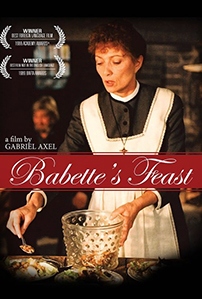A compelling investigation into the murders of sex workers in the holy city of Mashhad in northern Iran as a female journalist struggles with what is seen by many as a religious quest.
Arriving in Mashhad from Tehran, journalist Arezoo Rahimi (Zar Amir Ebrahimi) is immediately confronted by the strict religious rules in the city. Other than from local colleague Sharifi (Arash Astiani), there’s little support or interest in her story as the number of women murdered increases. To many, the killer Saeed Azimi (Mehdi Bajestani) and labelled locally as the Holy Spider, is cleansing the city of sin. In her search for justice, Rahimi puts her life in serious jeopardy.
Based loosely on true events (the journalist is a fictional character), an essentially nocturnal Holy Spider is a dark, disturbing feature from Danish writer/director Ali Abbasi (and filmed in Jordan). In highlighting a society and regime so submerged in misogyny and religious fundamentalism, the basic tenets of humanitarianism are ignored by the police and the religious clerics. But equally disturbing is the support and endorsement of Azimi’s actions by his wife and young son along with the wider population.
Actress Zar Amir Ebrahimi was awarded best actress at the 2022 edition of the Cannes Film Festival.
Rating: 72%
Director: Ali Abbasi (Border, Shelley)
Writer: Ali Abbasi (Border, Shelley), Afshin Kamran Bahrami
Main cast: Zar Amir Ebrahimi (Shayda, Tatami), Mehdi Bajestani (Tatami, Sweet Taste of Imagination), Arash Astiani










